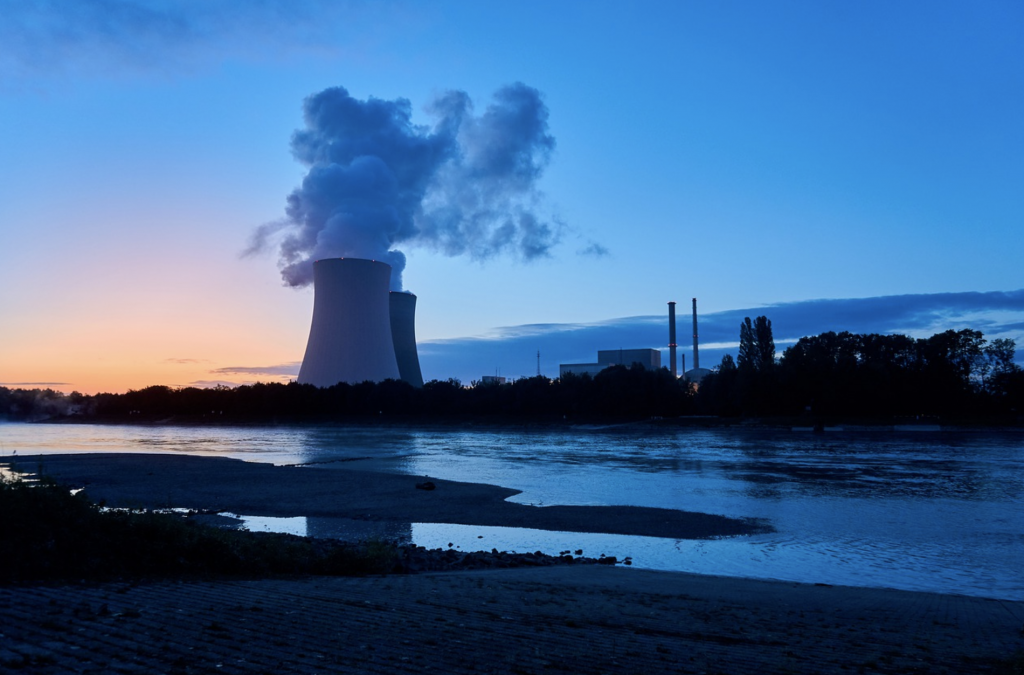
Peaceful use of nuclear technology is a subject of great deliberation whenever the dual used technologies are to be discussed and analyzed at the international level. Pakistan has shown remarkable dedication and innovation in the indigenous development of nuclear capability for peaceful purposes. It possesses a robust peaceful nuclear program, roots of which go back to the early 50’s when the US ‘atoms for peace’ initiative was launched. Along with serving as a key component of ensuring the strategic deterrence at the regional level for which it was compelled to do so, the nuclear program is primarily focused on meeting the energy demands of the country and other purposes of sustainable development while adhering to the international practices of nuclear safety and security. Currently, nuclear power generation comprises approximately 10% of the overall energy mix of the country. It implies that there is a potential that Pakistan can increase the nuclear power generation to further enhance its prominent role in the energy mix. This becomes more relevant and justifiable given the country’s future energy requirements for which nuclear energy would serve as a cheap, clean, and sustainable source.
Many states have acquired nuclear technology to overcome the energy challenges they are facing. Since the last few years, in particular, nuclear technology has increasingly become a key source for achieving energy security. Countries that possess nuclear technology, for instance, the US, France, Russia, China, India, and many others have utilized nuclear technology as a cheaper, reliable and sustainable source of energy to fulfill their increasing energy demands. Pakistan has also successfully utilized nuclear technology for peaceful purposes since the inception of its nuclear program. In this regard, Pakistan has been relying on nuclear technology as a cheaper and clean source of electric power generation to fulfill its ever-increasing energy demands. The rationale behind this is to improve the economy of the country while serving a cheaper, reliable, and sustainable source of power generation.
Very recently, in March 2021, Pakistan successfully operationalized its second and much-awaited ‘Nuclear Power Plant’ (NPP) in Karachi. The Unit-2 of the Karachi Nuclear Power Plant (KANUPP) commonly known as the K-2 has been linked to the national grid. It has the capacity to generate 1,100 Megawatts (MWe) of electricity thus further adding to the nuclear energy component of the overall energy mix of the country. The K-2 is Pakistan’s first-ever NPP that has a high generation capacity of 1,100 MWe. The nuclear fuel loading K-2 was initiated in December last year since the Pakistan Nuclear Regulatory Authority (PNRA) has given final clearance for that. Further, it was in a critical phase since February this year and was going through various safety and tests before being connected to the national grid; as per the international practices of nuclear safety and security. Likewise, the Unit-3 of KANUPP (K-3) of 1,100 MWe is also at the final stage and expected to be connected to the national grid by the end of this year. Both of these NPPs are under the safeguards of the International Atomic Energy Agency (IAEA). This shows Pakistan’s adherence to international practices of nuclear safety and security and commitment towards peaceful uses of nuclear technology.
It is pertinent to mention that Pakistan was the first country in the underdeveloped world to have built a nuclear power plant. In this regard, the Pakistan Atomic Energy Commission (PAEC) constructed Unit-1 of the Karachi Nuclear Power Plant (KANUPP) in 1972 with a power generation capacity of 135 MWe. This later on led to the construction of four additional nuclear power plants at Chasma commonly known as ‘Chasma Nuclear Power Plant’ (CHASNUPP) these include; CHASNUPP-1, CHASNUPP-2, CHASHNUPP-3, and CHASNUPP-4. These again are under IAEA safeguards, along with support by the US Department of Energy. Pakistan also intends to build the fifth unit of CHASNUPP and two other NPPs at Muzaffargarh with a collective capacity of 3300 MWe. Further, Pakistan has a long-term plan to enhance its capacity of generating electricity by utilizing nuclear energy to a total of 40,000 MWe by the year 2050. As per some other estimates, Pakistan also intends to construct 32 nuclear power plants to boost up its nuclear power generation and contribute towards peaceful uses of nuclear technology. Based on these credentials, Pakistan has been included among those 30 countries that have fully operational nuclear programs. In addition to this, Pakistan has achieved another milestone since it has been included in the 10 countries in the world which have completed the nuclear fuel cycle so far.
While summarizing it all, it is quite evident that Pakistan has very successfully utilized nuclear technology for peaceful purposes. There is proper, organized, and very strict regulatory control over all nuclear-related activities and developments. Pakistan has been adhering to the international practices of nuclear safety and security by following IAEA guidelines. This makes it one of the most committed states that have utilized nuclear technology for peaceful purposes. However, the fact remains that regardless of such a track record, Pakistan has been facing discrimination from the international arrangements on nuclear technology and its peaceful uses as compared to its regional counterpart India. Very recently, India has been badly exposed since a significant quantity of highly radioactive material i.e. uranium was detained by Indian officials from two unauthorized persons. Ironically, the proponents of international non-proliferation have deliberately turned a blind eye to it. This raises questions on the credibility of international arrangements. Regardless of facing such discrimination over the years, Pakistan has demonstrated its commitment and adherence to international norms and successfully utilized nuclear technology for peaceful purposes. Last but not the least; Pakistan should continue to remain committed to its magnificent journey of peaceful uses of nuclear technology.
![]()

Be the first to comment